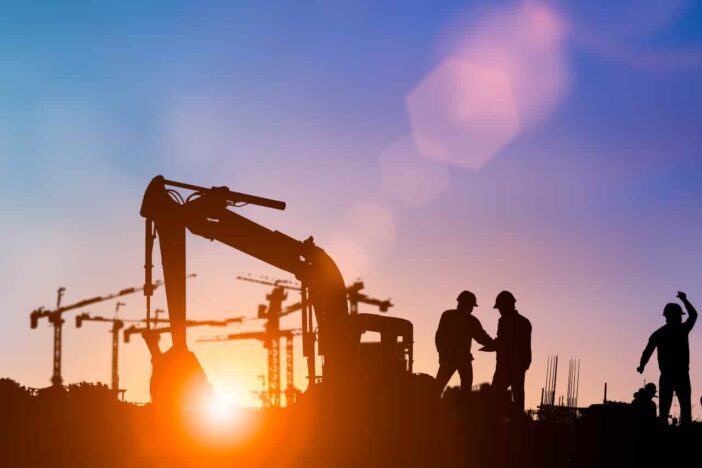Construction sites use water for essential functions such as concrete batching, hydro demolition, grouting, drilling, and cleaning purposes. In addition, construction sites, especially those in remote areas, typically require welfare facilities like kitchens and washrooms for workers to eat and refresh while completing projects as scheduled.
As a result, large volumes of wastewater are constantly produced. To prevent this wastewater from polluting nearby bodies of water, they need to be collected and transported to a wastewater treatment plant.
Luckily, mobile wastewater treatment units like Sediment Tank aim to solve the problem of environmental pollution and water discharge at your construction site by removing impurities in the wastewater. It makes the water safer through a rigorous treatment process.
Here’s how mobile wastewater treatment impacts construction site operations.
1. Reduced Operational Costs
Collecting construction site wastewater and transporting it to the nearest wastewater treatment facility entails considerable costs, especially if your site is in a remote location. Consequently, this additional expense can affect your project administration costs and the overall operations of your construction site.
A mobile wastewater treatment tank addresses this concern by enabling you to treat your wastewater onsite instead of relying on wastewater treatment facilities. You can rent these mobile units to help decontaminate wastewater produced from your construction operations and welfare facilities.
2. Compliance With Environmental Regulations
Whether public or private, construction projects need to conduct an Environmental Impact Assessment (EIA) and implement an environmental management plan to minimize their impact on the environment. An essential aspect of a construction project’s EIA is wastewater management.
Mobile wastewater treatment units enable construction companies to comply with strict environmental regulations establishing water standards for effluent or liquid waste discharged into a river or stream. Note that if construction wastewater exceeds the limits on acidity, chemical oxygen demand, and biological oxygen demand, construction companies are restricted from discharging it into water sources as it’ll result in water pollution.
Furthermore, uncontrolled discharge of contaminated water can attract lawsuits from environmental activists and may stall the completion of your construction project. Therefore, it’s crucial to review your wastewater management policy and streamline your construction site operations to comply with environmental safety standards.
3. Safer Work Environment
The use of mobile wastewater treatment units also enables construction companies to promote the health and safety of workers at the construction site.
Untreated wastewater exposes your construction workers to health risks such as waterborne illnesses. Workers getting sick can stall your operations and derail your construction project.
However, mobile wastewater treatment units enable you to deploy a sustainable wastewater management system that promotes best practices at the construction site. Your operations run smoothly, and you can hit your completion targets.
4. Dynamic Mobility Option For Construction Site
If you have numerous construction sites to manage, you can conveniently deploy mobile wastewater treatment units depending on the construction phase and the number of your workforce. You can transport these units from one construction site to another to ensure the wastewater discharge meets environmental standards.
You don’t need to construct ponds to hold wastewater because they require a lot of space, and there’s a risk of overflow. Conventional wastewater treatment plants are likewise impractical since they need a bigger space for installation and chemical additives in their operation. These two options are inconvenient and expensive.
On the other hand, mobile wastewater treatment units are movable and can be at the source of wastewater or contaminated water. That way, you can deal with the unique treatment needs of construction wastewater before discharging it into nearby water sources.
5. Efficient Use Of Resources
Water conservation and wastewater management are critical in any construction site. Your construction workers must know the success of your project depends on how well they use available resources.
Since water is vital in construction sites not only for construction operations but also for worker hydration and other needs, it can influence the quality of your project. So, it’s essential to conserve water and avoid using it more than necessary for construction needs.
A mobile wastewater treatment unit contributes to sustainable practices because it allows you to repurpose the treated water for dust control and soil conditioning.
Thus, you can allocate resources according to their use, whether at the welfare facilities or the construction project itself.
Final Thoughts
Mobile wastewater treatment is a game-changer that aims to protect humans and the environment from hazardous substances coming from construction sites. The wastewater produced in large volumes by your construction site activities is treated and discharged safely in the sewer system.
That makes sediment tanks viable for remote construction sites. Also, it significantly reduces your overhead costs for effluent treatment and decontamination of wastewater collected in your construction site.





